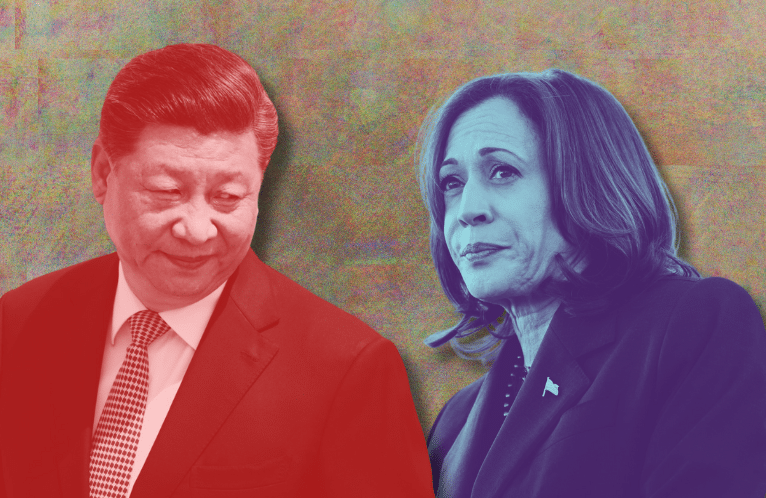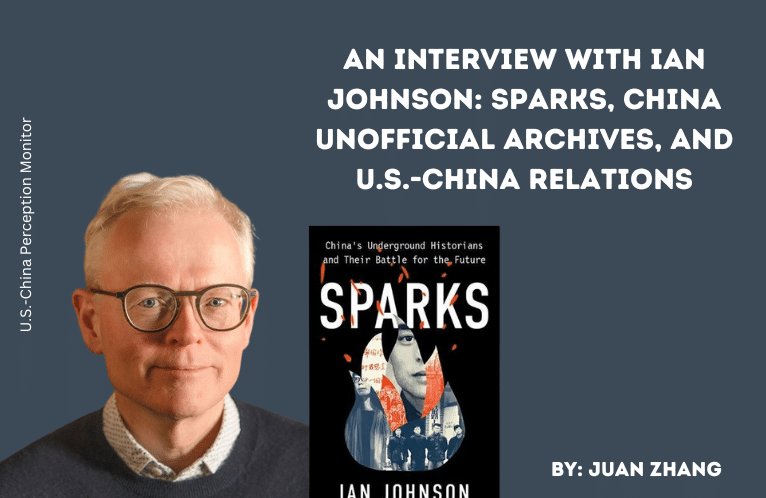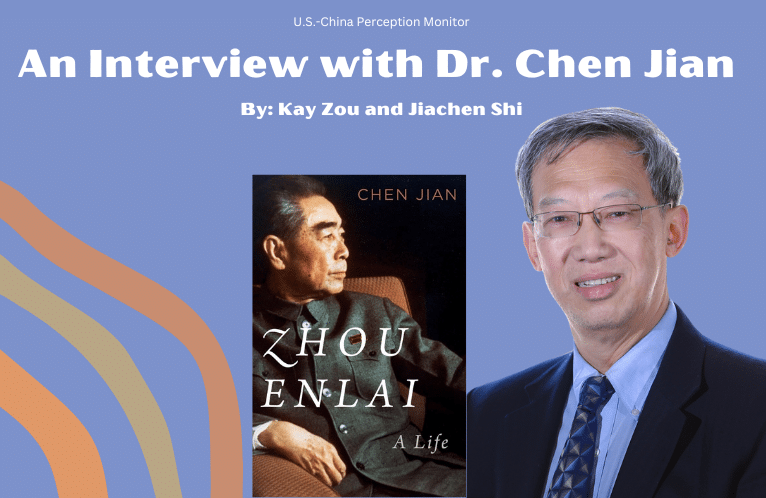Opinion: Emperor Xi Jinping Must Offer Hope, Rather Than Personality Cult
The proverb tongchuang yimeng — same bed, different dreams — is increasingly being used by young Chinese to describe our opposition to the draconian political direction the new leadership is taking the country, developments many Chinese are describing as a Second Cultural Revolution.
Communist Party leader Xi Jinping came to power on a promise to fulfil “The China Dream” — rejuvenation of the nation. To his generation, born and raised with the revolution, this means a communal vision of self-sacrifice for the greater glory of the party and state. But my millennial generation has a different dream, one that more resembles the traditional American one: less political interference in our lives, more openness to the outside world, dismantling the detested Great Firewall that blocks indispensable websites such as Google, Facebook and YouTube, and more freedom and democracy like that enjoyed by our peers in Taiwan and Hong Kong.
I grew up in Shanghai and am now a first-year undergraduate student at Columbia University. When I arrived in New York, my Ivy League classmates were surprised that I didn’t fit their preconception of a typical Chinese bookworm. Instead they saw a young woman from a communist country who was as interested in style, had travelled as widely, been as well educated and had as much money as they did. “We didn’t know the People’s Republic had aristocracy,” my roommates half-joked.
I’m a typical taizidang, or princeling. My grandfather was a founder of the People’s Liberation Army, and one of Chairman Mao Zedong’s favourite generals. I’ve been groomed from birth to take my place among China’s ruling elite. I’ve had English tutors since I started to talk, because all Chinese know that fluency in English is a requirement for career success. Then I was admitted to the prestigious school attached to Shanghai’s top university, Fudan. And now I’m living the culmination of the real “China Dream” — an Ivy League education. Attesting to this unwritten rite of passage is the fact that Xi sent his only child to study at Harvard. She quietly graduated, and now works in her father’s office (under a pseudonym to prevent undue scrutiny).
This privileged life might seem like a dream, but my Chinese peers and I can’t escape our sense of dread at the alarming political developments back home.
Xi is taking China in a frightening, reactionary, ideologically driven direction. He is creating a personality cult the likes of which hasn’t been seen since Mao and Deng Xiaoping (both of whom earned their credentials leading the revolutionary war, while Xi has never seen a battlefield). His anti-corruption campaign has terrified everyone. With even routine approval of new projects and investments arousing suspicion, the bureaucracy is paralysed.
In China, it’s not just about what you did, but who’s in your network of relationships that matters. If your political patron gets in trouble, it doesn’t matter how clean you are, your neck is on the chopping block. In addition to bureaucrats, academics, human-rights lawyers, bloggers, labour activists and business leaders are also being terrorised. In universities, the government has recruited informers to denounce professors advocating liberal values. Several outspoken progressive academics have lost their jobs. Hundreds of human rights lawyers have disappeared or been arrested. Many business leaders and labour activists have gone missing, presumably detained by anti-corruption investigators.
Among the highest-profile cases was that of tycoon Guo Guangchang, popularly known as “China’s Warren Buffet” and the PRC’s 11th-wealthiest person with a net worth of more than $US7 billion ($14.7bn). Guo was detained last December to “assist a judicial investigation” and then simply appeared at his company’s annual meeting a few days later with no explanation.
This is all giving me and my Chinese classmates at Columbia a profound sense of angst. We’re getting a liberal arts education that emphasises the values of critical thought, civic engagement, independent initiative, tolerance, diversity, inclusiveness. We’re on campus during a high tide of social activism over civil rights and social justice issues in the US, and during a contentious presidential campaign where issues vital to the nation’s future are being aired and debated in public.
Yet when we go back to China we’re expected to suppress all we’ve learned and fit back into the patriarchal, hierarchical, traditional autocratic culture where the emperor — the leader of the Communist Party — rules all, and average people, women in particular, must be seen and not heard.
One of my classes at Columbia this semester is “Social Problems in Contemporary China” taught by Leta Hong Fincher, the author of the groundbreaking book Leftover Women, about the pressure on well-educated, urban Chinese women to marry, have families and uphold traditional values. For this class, and on my own, I’ve been reading up on the events of the 20th century, specifically China’s May 4 (1919) New Culture Movement. That event gave rise to a wave of cultural and political liberalism that was overtaken by the Communist Revolution, displaced by Mao’s dictatorship, and led to the tragedies of his totalitarian excess (The Anti-Rightist Campaign, Great Leap Forward Famine and Cultural Revolution).
I’ve come to the conclusion that what we need now is a new New Culture Movement, a new China Dream, not a Second Cultural Revolution. A dream that isn’t fuelled by fear, but instead inspired by hope and idealism. I may be a naive teenager, but even Mao said: “You young people, full of vigour and vitality, in the bloom of life, are like the morning sun. Our hope is placed on you.”
Please, Chairman Xi, don’t just focus on your privileged daughter’s future, or that of all the princelings of our generation, let’s create a more hopeful future for all young Chinese.
A century ago Chinese Communist Party co-founder Chen Duxiu called on China’s youth to “save the nation” in the May Fourth Movement. In his piece “Call to Youth,” published in New Youth, the pioneering magazine he founded, he urged Chinese young people to: “Be independent, not servile. Be progressive, not conservative. Be aggressive, not retiring. Be cosmopolitan, not isolationist.” These are worthy values for a 21st Century New, New Culture Movement. Please Chairman Xi, be true to the original mission of the Communist Party and the New Culture Movement that gave rise to it.
Lu Xun, a May Fourth Movement activist and China’s most renowned 20th-century writer, summed up our challenge best. He wrote these words 100 years ago, but they remain more relevant than ever: “Hope cannot be said to exist, nor can it be said not to exist. It is just like roads across the earth. For actually the earth had no roads to begin with, but when many people pass one way, a road is made.”
By JASMINE YIN Mar. 9, 2016 on The Australian
Read more here








